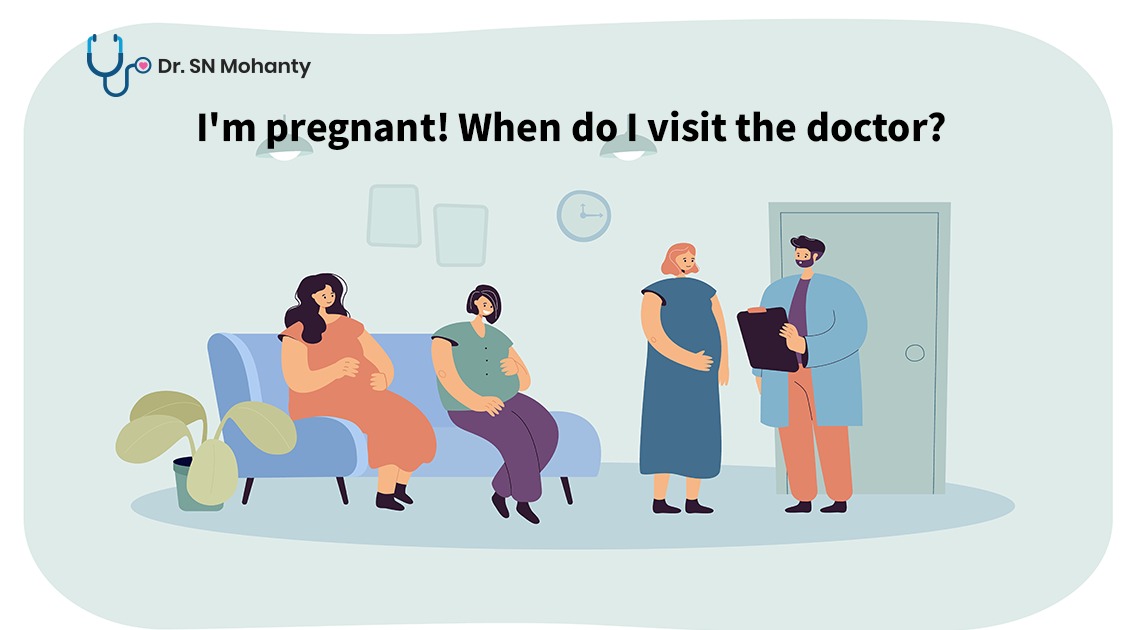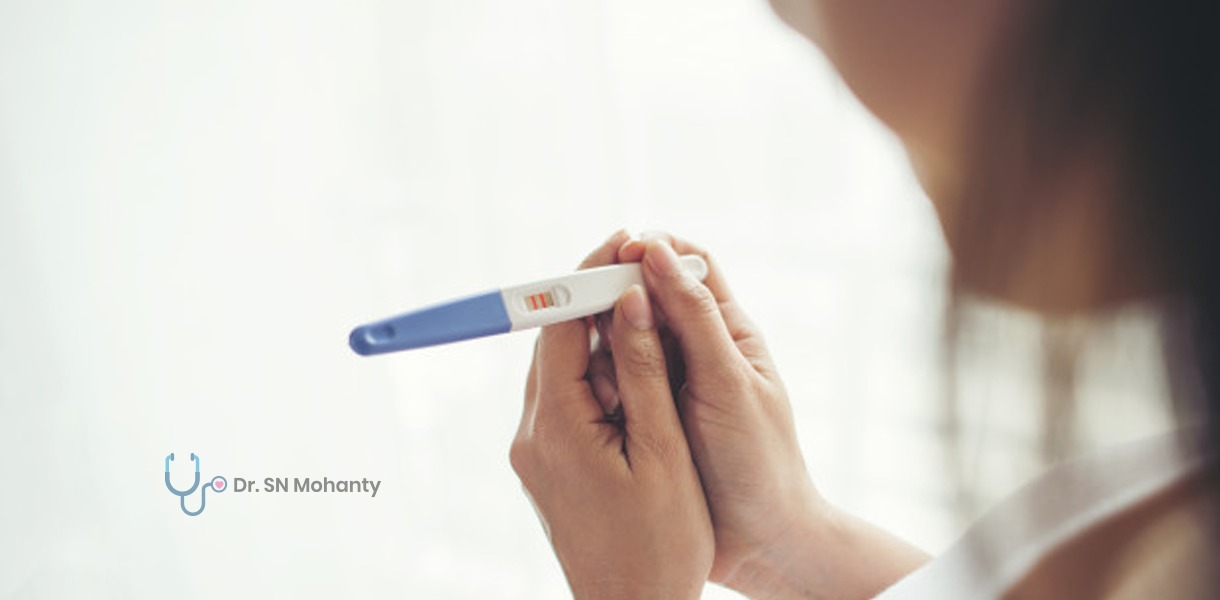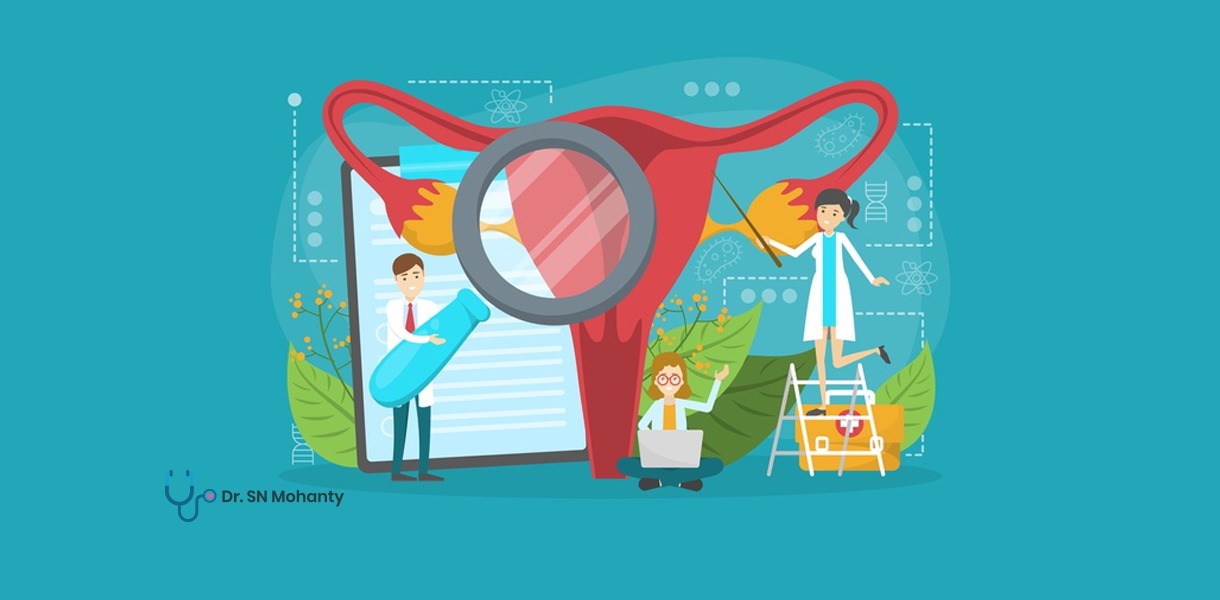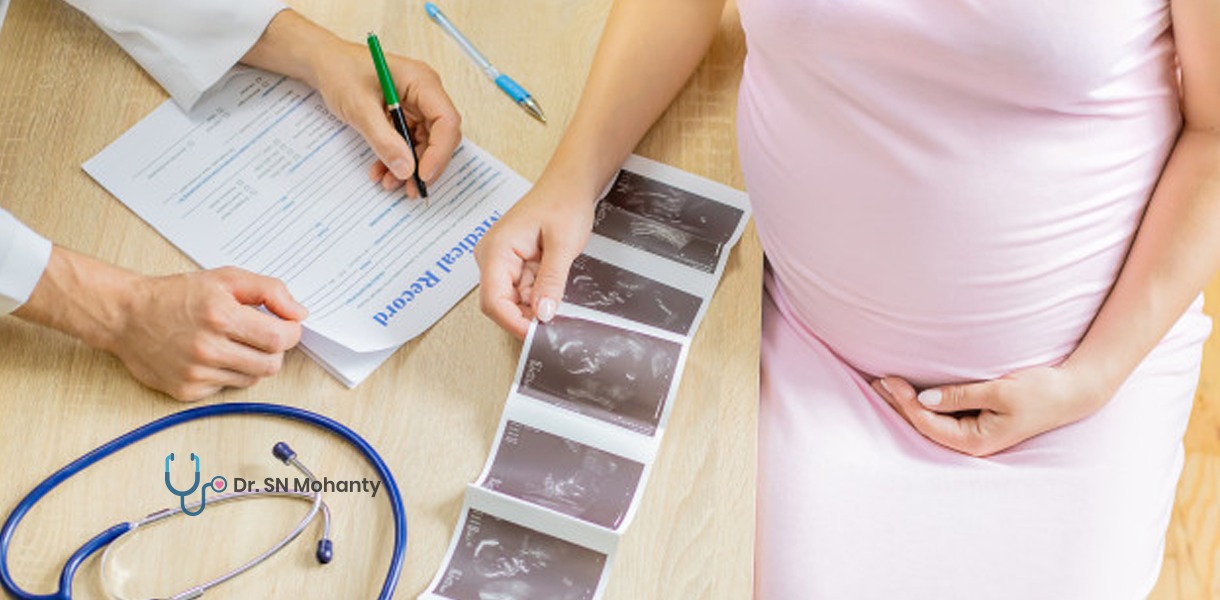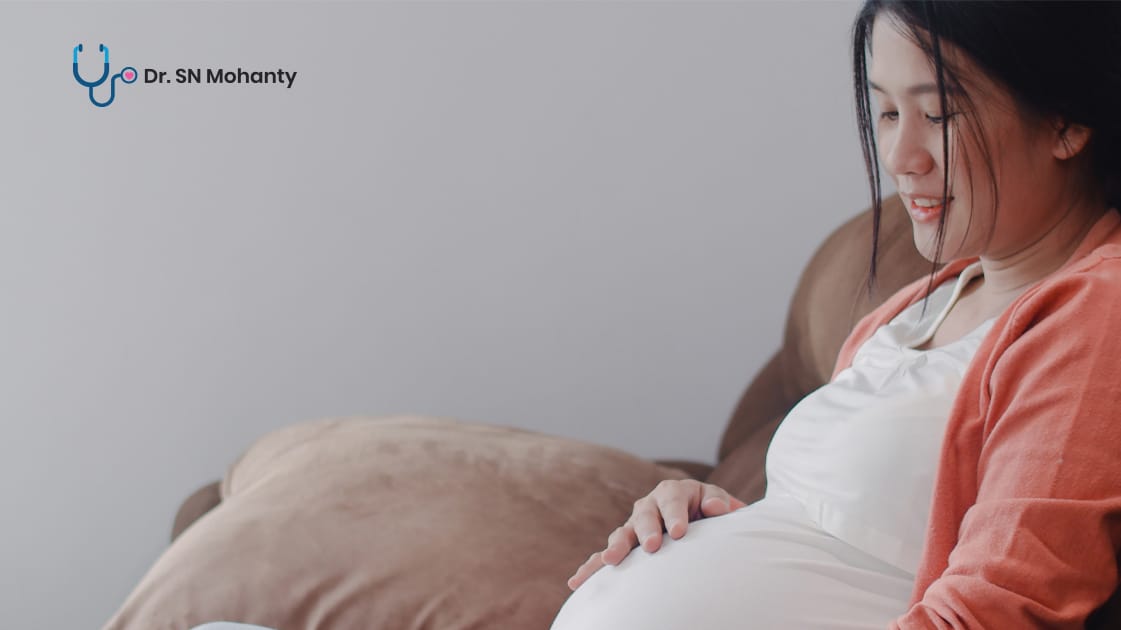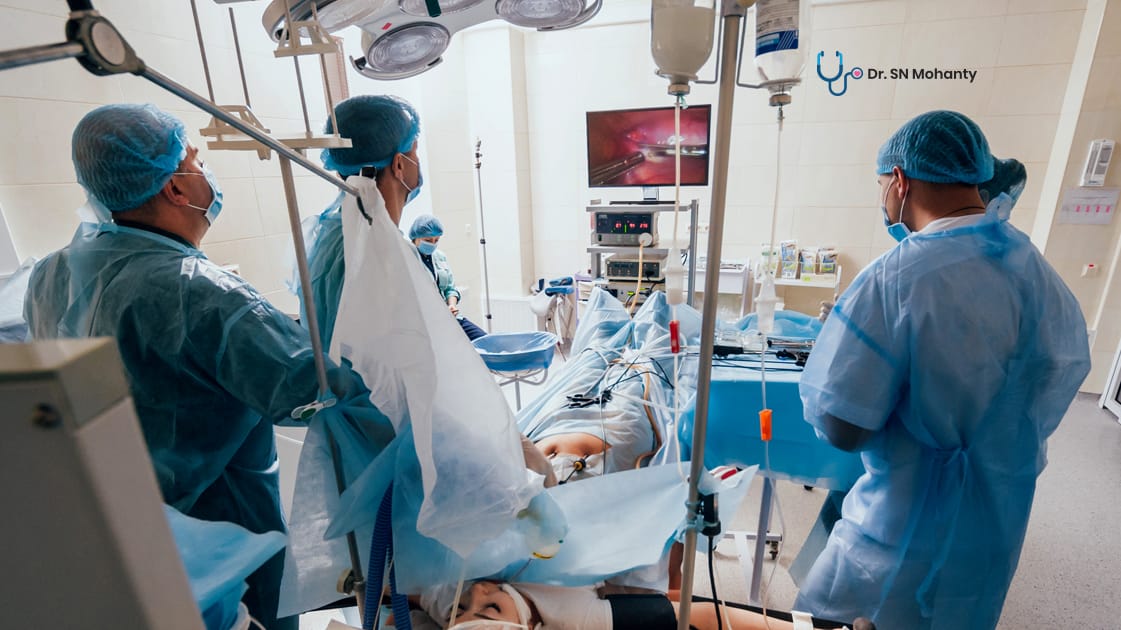
The decision to have a child is a significant decision choice.
But it is essentially important to have a pre-conception appointment with your obstetrician for a successful pregnancy.
During this pre-conception appointment, the obstetrician will comprehend your well-being history, assess any clinical concerns, and offer you guidance for a successful pregnancy. Now that you have decided to become pregnant, you might have many questions in your mind. Here is the answer to the questions, that are generally asked when trying to get pregnant.
1. How long will it probably require for me to get pregnant?
Your obstetrician can't precisely predict when you can conceive. Based on your age, wellbeing history, and past conception experience, your obstetrician can make some general predictions.
2. When would it be a good idea for me to stop contraception?
You can't generally get pregnant the moment you stop your contraception. Hormonal anti-conception medication pills, for instance, may change your cycle for a while in the wake of falling off of them. Also, if you have an IUD, you'll need to examine when to eliminate it.
3. Will my medical issue influence my fertility?
Some ailments may influence your ability to get pregnant. These are polycystic ovarian syndrome (PCOS), endometriosis, thyroid problems, and even STDs. Furthermore, with regards to your accomplice, issues with sperm count, motility, or morphology will lead to conception troublesome. Don't worry, your doctor will suggest to you the best ways to deal with these ailments.
4. In what capacity will my meds influence my ripeness?
Certain medications such as medicines for high blood pressure can decrease your chances of conceiving. Medications for thyroid or any steroids can harm your baby during pregnancy. Have a word with your doctor and he/she will suggest some natural remedies.
5. Would it be advisable for me to take nutrients or enhancements?
Forthcoming moms should begin taking folic acid supplements three-six months before attempting conception. It reduces the danger of neural tube defects and some other birth defects. Your obstetrician may likewise suggest pre-birth nutrients, particularly on the off chance that you appear to be inadequate in a specific nutrient.
6. Would it be a good idea for me to change my eating regimen/exercise routine/other habits?
Did you realize that being overweight or underweight can affect your fertility? Being underweight or overweight can likewise prompt pregnancy complications like gestational diabetes, hypertension, C-section, and even miscarriage.
Excessive working out, drinking liquor, and smoking cigarettes can likewise adversely affect your fertility and pregnancy. Have a word with your doctor about your lifestyle habits, addictions, and any changes you need to make before conception.
7. Do I need hereditary testing?
You and your accomplice may choose to do hereditary testing to check whether you're transporters of any inherited hereditary conditions. On the off chance that the outcomes return positive, your doctor will aware of the dangers of seeking a natural pregnancy.
One approach of prevention of passing the condition to your baby would be to undergo (IVF) with a preimplantation genetic diagnosis. This lets the parent-to-be test the embryo for these hereditary conditions.
8. For what reason wouldn't I be able to conceive?
If you've been attempting to conceive for a year without any outcomes you're probably dealing with infertility. Your obstetrician will evaluate you and your partner to decide the reason for infertility, at that point he/she will attempt to fix infertility with drug or by treating any underlying conditions.
9. What would it be advisable for me to do in the wake of getting a positive pregnancy test?
Numerous couples have no clue about what to do in the wake of learning they're about to have a baby. It would be ideal for them to go directly to the obstetrician and they will suggest to you the best steps to be taken for making your pregnancy a successful one.
10. Are there any pregnancy-related manifestations that mother-to-be ought to be careful about?
Some pregnancy symptoms, for example, sickness, exhaustion, and weight gain are genuinely normal. Be that as it may, different indications can be a difficult situation. For example, bleeding with stomach agony could be an indication of a miscarriage or tubal pregnancy.
Pre-eclampsia generally starts following 20 weeks of pregnancy in a woman whose blood pressure had been normal. There may also be swelling in the legs and water retention however this can be difficult to recognize from a normal pregnancy. It tends to be risky when not be dealt with. Nonetheless, with appropriate care, treatment and medication ladies who have created pre-eclampsia can deliver a healthy baby.
If you are not able to deal with these symptoms, then contact your obstetrician.
What Else to Expect at the Preconception Visit?
Other than a question-answer session your previously established preconception appointment will probably incorporate a few tests. Your doctor will ask certain questions relating to your health conditions. If you have been affected by any ailment, that can affect your pregnancy or fertility you may undergo some minor surgery so that you can successfully conceive. The procedure can be done in Laparoscopy, as it is the advanced form of surgery.
If you are pregnant or expecting to get pregnant, then consult with the best obstetrician.


